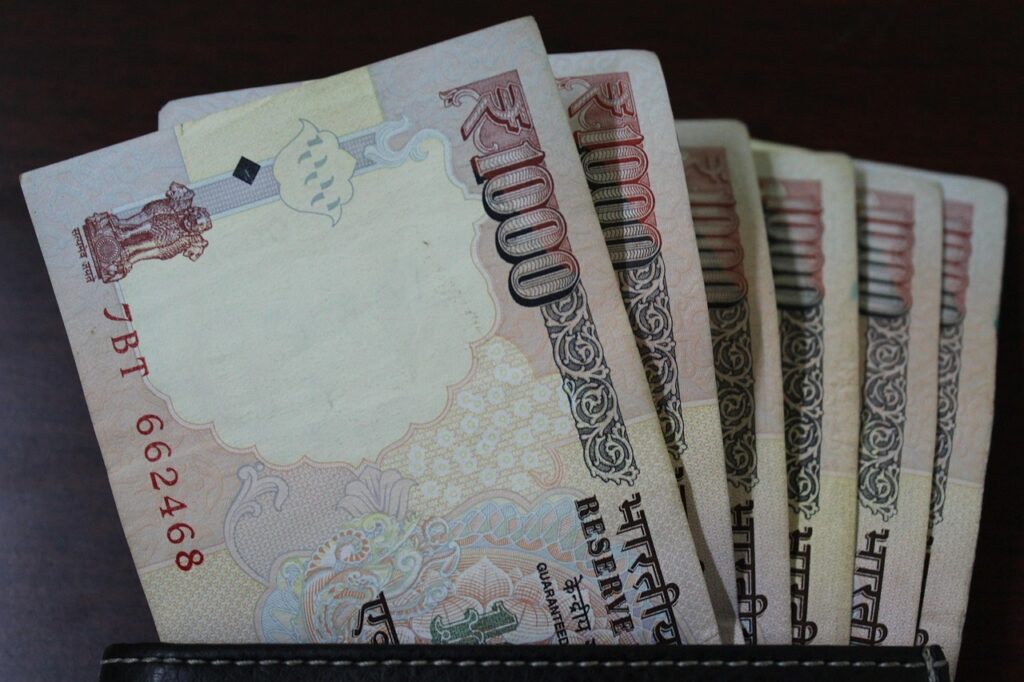When a marriage breaks down or a couple separates, one of the biggest concerns—especially for the financially dependent partner—is survival. That’s where maintenance comes in.
Under Indian law, maintenance is a legal right. It is the financial support one person is legally obligated to provide to another, usually when the relationship breaks or when someone cannot support themselves.
Maintenance is not limited to wives—it can be claimed by husbands (in rare cases), children, and even parents, depending on the situation.
The aim is simple: to prevent financial hardship when a person who was dependent on someone else is suddenly left unsupported.
In India, maintenance can be claimed under various personal laws (like Hindu or Muslim law) or through a secular provision: Section 125 of the Code of Criminal Procedure (CrPC). This section allows wives, minor children, and parents who are unable to maintain themselves to ask for monthly maintenance from the person responsible—typically the husband, father, or son.
Here’s a simple breakdown:
| Who Can Claim | Legal Basis | Conditions |
|---|---|---|
| Wife (legally married) | Section 125 CrPC, Hindu Marriage Act, etc. | If unable to maintain herself and husband refuses support |
| Husband | Hindu Marriage Act (in rare cases) | Only if he’s unable to earn due to disability and wife can maintain him |
| Children | Section 125 CrPC / Guardians and Wards Act | If they are minors or disabled |
| Parents | Section 125 CrPC | If they are elderly and neglected by children |
| Divorced Wife | Section 125 CrPC or personal law | If she is not remarried and cannot maintain herself |
A wife can apply for interim maintenance during the divorce process and permanent maintenance as part of the final judgment. Interim maintenance helps cover immediate living expenses like rent, food, and basic needs while the legal process is ongoing.
The amount of maintenance isn’t fixed. Courts consider several factors:
- Income and assets of both parties
- Standard of living during the marriage
- Number of dependents
- Any special needs (child’s education, medical needs, etc.)
Contrary to popular belief, working women can also claim maintenance if their income isn’t sufficient to maintain the same standard of living as during marriage. The court examines whether she can live independently without hardship—not just whether she has a job.
If the person ordered to pay refuses or delays, the court can enforce the order by attaching salary, property, or issuing arrest warrants.
Also, if you’re fighting for the care of your children, read How to File for Child Custody in India to see how maintenance fits in alongside custody orders.
Whether you are the one seeking support or being asked to pay it, maintenance is a legal way to ensure fairness and dignity when a family breaks apart. It’s not about punishment—it’s about survival and stability.
Maintenance is not a one-time payout unless ordered as lump sum alimony under personal law. Most often, it’s awarded as monthly payments through a court order.
To claim it, the person seeking maintenance must file an application in the Family Court or Magistrate Court, depending on the law being used.
For most people, Section 125 of the Code of Criminal Procedure (CrPC) is the fastest and most commonly used option. It applies across religions and is meant for wives (even if divorced), minor children, and dependent parents.
The key requirement: the person claiming must be unable to maintain themselves, and the other person must have the means but is refusing to provide support.
Under personal laws:
- Hindus can claim maintenance under the Hindu Adoption and Maintenance Act, 1956 and the Hindu Marriage Act, 1955.
- Muslim women can claim under the Muslim Women (Protection of Rights on Divorce) Act, 1986.
- Christians may claim under the Indian Divorce Act, 1869.
If the spouse is deliberately hiding income or assets, the court may estimate income based on lifestyle, past tax filings, or property ownership. Maintenance may also be revised in the future if there’s a change in earning capacity, remarriage, or increase in expenses.
Importantly, remarriage of the wife usually ends her right to maintenance from the ex-husband, but not the children’s right. Children, whether born in or outside marriage, can continue to claim support.
Non-payment of maintenance is treated seriously. The court can issue attachment of salary, seizure of assets, or even a warrant of arrest to ensure compliance.
If you’re unsure how maintenance interacts with your separation, our blog on What Are the Legal Rights of a Wife After Separation? may help clarify your position.
FAQs
1. Can a working woman claim maintenance?
Yes, if her income is insufficient to live with dignity or match the marital standard of living.
2. Is there a fixed amount for monthly maintenance?
No. It depends on the earning capacity and financial needs of both parties.
3. Can parents living separately claim maintenance from their child?
Yes, under Section 125 CrPC, dependent parents can claim maintenance from sons or daughters.
4. Can I refuse to pay maintenance if I lost my job?
You can request the court for a revision, but you must show genuine proof of unemployment.
5. Can I get maintenance even without filing for divorce?
Yes, you can claim maintenance while still being married or even if living separately.



